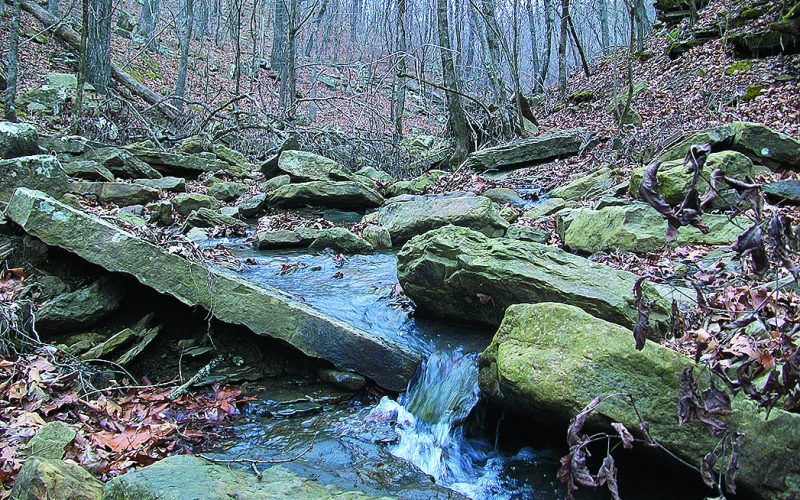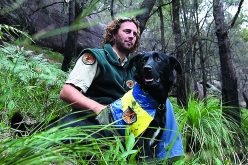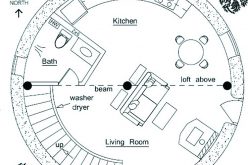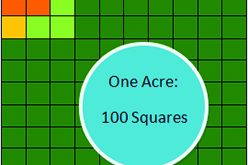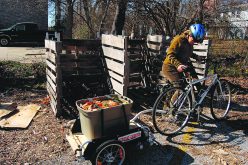By Amanda Bancroft
If looking for land is like trying to find a needle in a haystack, searching for Ripples’ land is like trying to find the needle when the haystack is made of molten lava, designed to melt the very needle we seek. We’re still living in Fayetteville, searching for one acre or so to build an earthbag house, offer resources on sustainable living locally and continue helping nonprofit groups worldwide. But there aren’t any ads reading “Wanted: Buyer for one acre to Change the World.”
We’re seeking property outside city limits because city building codes often demand unsustainable home features, such as the required septic system with an optional compost toilet, or the required electric grid hookup alongside an array of solar panels. Their priority is ensuring compliance with the status quo systems, rather than conserving space, water and energy.
Small acreage is typically rare, and can most often be found in subdivisions — places that may insist you use dirty energy because solar panels look ugly, and maintain a manicured lawn instead of conserving water or growing organic vegetables. Forget the UFO-like solar cooker!
One acre sold in a large parcel for a couple thousand dollars could cost as much as buying a new home if sold as individual acres. Much of the land we’ve visited has restrictions on it, and those restrictions don’t say “you cannot harm the environment after purchasing this property.” No, ironically, the restrictions actually force us to live more unsustainable lives, like the one requiring us to build a 1,400-square-foot house as a minimum allowable size. Our earthbag house is under half that size!
There’s also a lack of compatibility in terms of real estate ideals and our own — one agent recommended we buy a big house with a two-car garage because we would inevitably have children and need more space someday, never mind that we’ve dedicated our lives to serving the community rather than doing our part in overpopulating the planet.
Land ads speak of acreage like a commodity, not a sacred space to be cared for and respected — a reminder that the market is not designed for people who want to buy land for conservation or social justice work. “Timbered acreage” is sold for cutting the trees down, not planting new native saplings.
Is it hopeless to try buying land for sustainability? Not at all. The Nature Conservancy has played a critical role in protecting local lands, and has “75 sites representing more than 250,000 acres of land in Arkansas.” We aren’t giving up, either! We’re relying on the power of community, not capitalism, to help us find our forever home and make a difference. For more information about our goals, scan the QR code with your mobile device to visit our blog.
Ripples is a blog connecting people to resources on sustainable living while chronicling their off-grid journey and supporting the work of nonprofit organizations. Read more on this topic and others at www.RipplesBlog.org.

